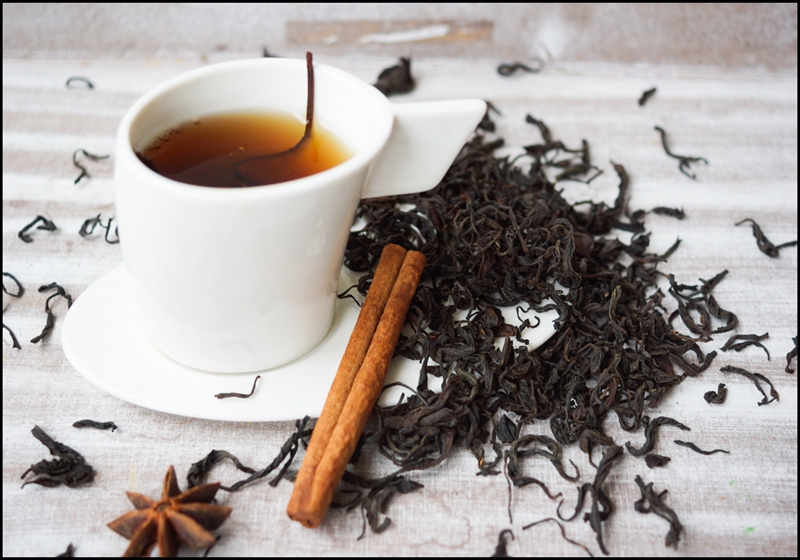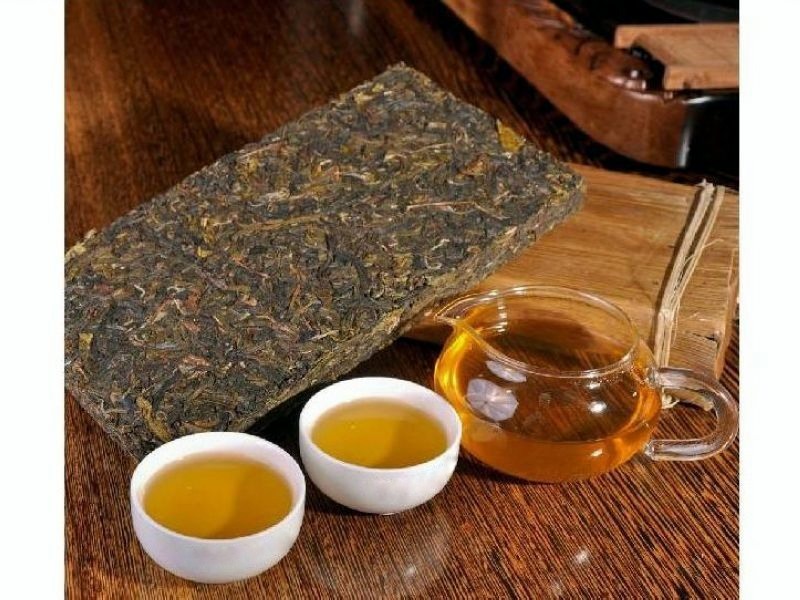Analysis and study the healthy benefits of black tea

Scientists have discovered the potential health benefits of teas, the world’s most popular beverages, second only to water. Green tea has gotten the most buzz, but black may be just as healthful. Should you drink a cup or two or three a day?
Black tea >>>
It comes from the Camellia sinensis plant and is often blended with other plants for different flavors, such as Earl Grey, English breakfast or chai.
It’s stronger in flavor and contains more caffeine than other teas, but less caffeine than coffee.
Black tea also offers a variety of health benefits because it contains antioxidants and compounds. So black tea can help reduce inflammation in the body.
Black Tea Fights Stress >>>
In the study, 75 young healthy male tea drinkers gave up their normal tea, coffee, and caffeinated beverages. Researchers divided those young males who average age 33 into two groups. For six weeks, one group drank a fruit-flavored caffeinated black tea mixture containing the active ingredients of a cup of tea. The other drank an identical-tasting mixture containing the same amount of caffeine but without any other active tea ingredients.
Then both groups followed the challenging task of simulating daily stress. Like the threat of unemployment or an accusation, while their stress hormone, blood pressure, heart rate, and self-reported levels of stress were monitored.
The tasks provoked sharp increases in blood pressure, heart rate, and subjective stress ratings in both groups. But 50 minutes after the stressful situation, levels of the stress hormone cortisol had dropped lower among black tea drinkers compared with the fake tea group. There was also an increase in subjective relaxation during the time after the stressful situation in the tea mixture drinkers compared with the fake tea group.
In addition, researchers also found that blood platelet activation was lower among black tea drinkers. Men who drank black tea also reported feeling more relaxed after the task than the other group. Platelet activation is involved in the formation of a blood clot, which increases the risk of heart attack.
Cancer >>>
In lab studies, show green tea extracts and tea polyphenols to inhibit a wide variety of cancers. However, lab less studied for Black tea. There are many theories as to how tea polyphenols may have anti-cancer effects—for instance, by inducing cell suicide in cancer cells and by inhibiting insulin growth factor (a protein involved with cell proliferation). However, the many human studies looking at the association between tea consumption and various types of cancer. Such as breast, colon, prostate, oral, liver, ovarian and lung cancer— have had conflicting results.
So far there is insufficient support for claims that tea can help prevent or treat any cancer.
Weight control >>>
There’s some evidence that tea, especially green tea, has a modest weight-loss effect. It’s theorized that tea catechins and caffeine help boost fat burning, at least slightly and temporarily. A 2013 analysis of data from the large National Health and Nutrition Examination Survey linked tea consumption with lower weight and smaller waist size; this was not true of iced tea. But not all studies have found an effect on weight. One reason for the inconsistent findings is that the stimulant effect of caffeine depends largely on whether people are used to it or not; if they consume it regularly, they quickly build up a tolerance. What about concentrated green tea extracts, which are often marketed as dietary supplements? A 2012 Cochrane review of 14 clinical trials concluded that they do not cause weight loss in overweight or obese people.
Cardiovascular health >>>
Of all the potential benefits of tea, those involving cardiovascular disease are “the most promising”. According to Jeffrey Blumberg, Ph.D., professor of nutrition science at Tufts University and chairman of the tea symposium.
Many observational studies have found that people who consume moderate or high amounts of green or black tea. Or flavonoids from all dietary sources have a reduced risk of cardiovascular disease and, especially, stroke—usually with higher consumption linked to greater benefit. Furthermore, most research has shown that tea can slightly lower LDL (“bad”) cholesterol and blood pressure, as well as improve blood vessel functioning, reduce inflammation, inhibit blood clotting and have other cardiovascular effects. In 2013 a British review of 11 clinical trials concluded that tea seems to improve blood pressure and cholesterol levels, but that long, better studies are needed to confirm tea’s benefits in terms of cardiovascular disease prevention.
Dental health >>>
Researchers have found that tea has antibacterial effects. Thus may reduce levels of bacteria that cause cavities and contribute to gum disease. Like bones, teeth may benefit from the fluoride in tea.
At least two Japanese studies have linked green tea consumption with a reduced risk of tooth loss.
Lower risk of Parkinson’s disease >>>
A 2008 study in the American Journal of Epidemiology found that people who drank the most black tea—but not green tea—had a much lower risk of Parkinson’s disease than nondrinkers.
According to a paper in the Annual Review of Nutrition in 2013, human and lab studies. They suggest that tea or constituents in it may help protect against Parkinson’s and other neurodegenerative diseases. Coffee seems to be similarly protective. Coffee seems to be similarly protective.
In short, the only recommendation I can give is to try to drink a tea that is organic and less of a “processed” tea.











